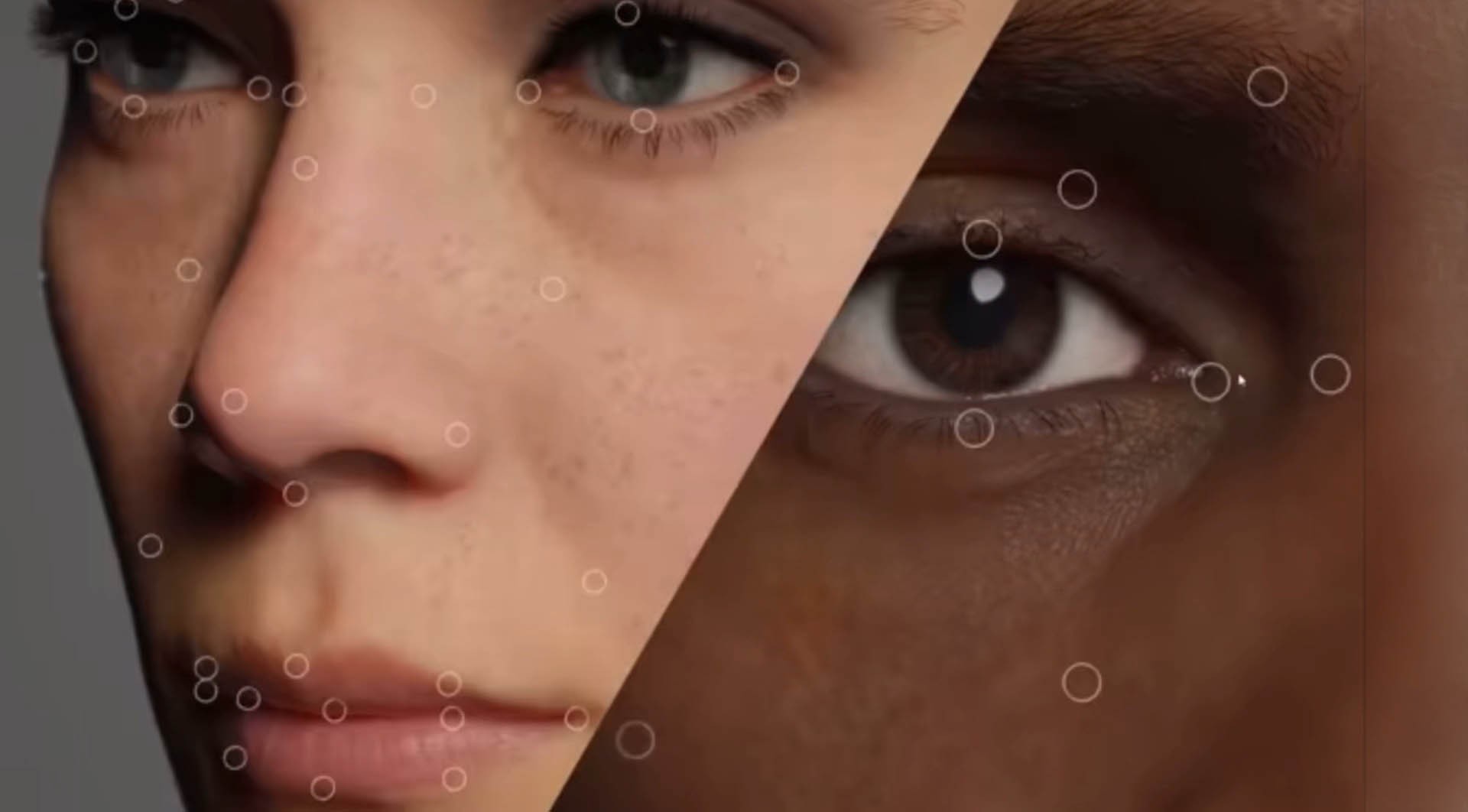Extended Reality and the EU AI Act: Standards for Responsible Technology
Photo: © Visoric GmbH | AI and Extended Reality – Shaping the Future Responsibly.
Extended Reality (XR) and the EU AI Act: New Standards for Technology and Safety
The EU AI Act establishes binding standards for the use of Extended Reality (XR) to ensure the responsible use of AI in this emerging technology. These new guidelines define how companies can design immersive media to ensure transparency, prioritize data privacy, and guarantee user safety.
AI and XR: Responsibility and Transparency
A key aspect of the AI Act is the requirement for artificial intelligence to be used transparently and safely in XR applications. Companies using XR in sensitive fields such as healthcare face the challenge of conducting rigorous testing and validation. For example, AI-powered training simulators in medicine must meet stringent safety requirements to build user trust and ensure safety.
- Safety Requirements: Rigorous testing and validation to comply with legal standards.
- Transparency: Clear information for users on AI interactions within XR.
- Trusted Technologies: Secure AI applications for reliable results.

AI and XR: Safety in Medical Applications
Photo: © Visoric GmbH | Precise and safe use of AI in medical training.
Data Privacy and Active User Consent in XR Applications
Another focus of the AI Act is on data privacy and active user consent. Companies developing XR applications must provide comprehensive information on data collection and usage and obtain active user consent. XR applications using eye-tracking to personalize experiences, for example, must ensure GDPR-compliant consent in line with the AI Act’s requirements.
- Active Consent: Users must consciously consent to data collection.
- GDPR Compliance: Ensures data privacy under EU guidelines.
- Responsible Data Use: Transparency and protection when using biometric data in XR.
Fairness and Anti-Bias in Social XR Interactions
Fairness and anti-bias are key requirements in the AI Act. In social XR applications, where users interact as avatars, diverse datasets should train AI-driven avatars to prevent discrimination and provide an inclusive experience for all users.

Fairness and Inclusion in Social XR Experiences
Photo: © Visoric GmbH | Diversity and inclusion in XR applications for fair interactions.
Safety in Real-Time Adaptive XR Environments
For companies developing real-time adaptive XR environments, the AI Act mandates the integration of comprehensive safety measures. XR safety training that adapts to user actions requires specific warning systems to avoid potentially risky scenarios and ensure a secure interaction.
- Real-Time Warnings: Safety alerts protect users in potential danger.
- Automated Safety Measures: Preventative safety features in XR applications.
- Adaptive Safety: Security systems adjust to user actions.
Our Role as Developers: Innovation and Responsibility in the XR Field
Compliance with the AI Act presents unique challenges and new opportunities for ethical development in the XR industry. The AI Act sets high standards that foster a trusting relationship between users and XR technology, creating a secure framework for future-proof innovations. For companies, this is an opportunity to position themselves as pioneers in the safe and transparent use of XR applications.
Strict Regulations as an Opportunity for Responsible Development
The AI Act’s requirements mandate that XR applications adhere to the highest safety and transparency standards. Especially in safety-critical sectors such as healthcare, XR applications powered by AI are subject to strict validation procedures. This means developers and companies are creating new ethical standards that foster user trust and minimize the risk of potential security gaps.
- Ethics and Innovation Combined: Developers must adhere to ethical standards that support progress in XR technology.
- Trust-Building Measures: Clear transparency requirements strengthen user trust in XR applications.
- Leaders in Responsible Development: Companies implementing AI Act requirements position themselves as innovation leaders.

Responsible Development in XR: Opportunities through the AI Act
Photo: © Visoric GmbH | Ethics and safety as the foundation for developing new technologies – guaranteed by Ulrich Buckenlei (MBA) and his expert team in Munich at Visoric GmbH.
Watch the Video: Extended Reality in Harmony with the EU AI Act – Knowledge for Businesses
Learn in the video how the EU AI Act is shaping the future of Extended Reality (XR) and artificial intelligence safely and responsibly.
Video: © Visoric GmbH | Extended Reality in Harmony with the EU AI Act – Knowledge for Businesses
Contact Us for Your XR Solution
The EU AI Act opens up numerous ways for companies to design Extended Reality securely and transparently. Visoric GmbH is here to support you in developing and implementing customized XR experiences that meet the highest standards. Let’s shape the future of Extended Reality together!
- Customized Consultation: Solutions tailored to meet your specific needs.
- Increased Efficiency: Optimization through real-time data and innovative simulations.
- Sustainability: Reduced energy consumption through advanced analysis and XR.
Contact Us:
- Phone: +49 89 2155 2678
- Website: visoric.com
- Email: info@visoric.com
Visoric GmbH is ready to help you shape Extended Reality in line with the EU AI Act’s requirements, safely and innovatively. Contact us to jointly develop future-proof XR solutions for your business!
Contact Persons:
Ulrich Buckenlei (Creative Director)
Mobile: +49 152 53532871
Email: ulrich.buckenlei@visoric.com
Nataliya Daniltseva (Project Manager)
Mobile: +49 176 72805705
Email: nataliya.daniltseva@visoric.com
Address:
VISORIC GmbH
Bayerstraße 13
D-80335 Munich


